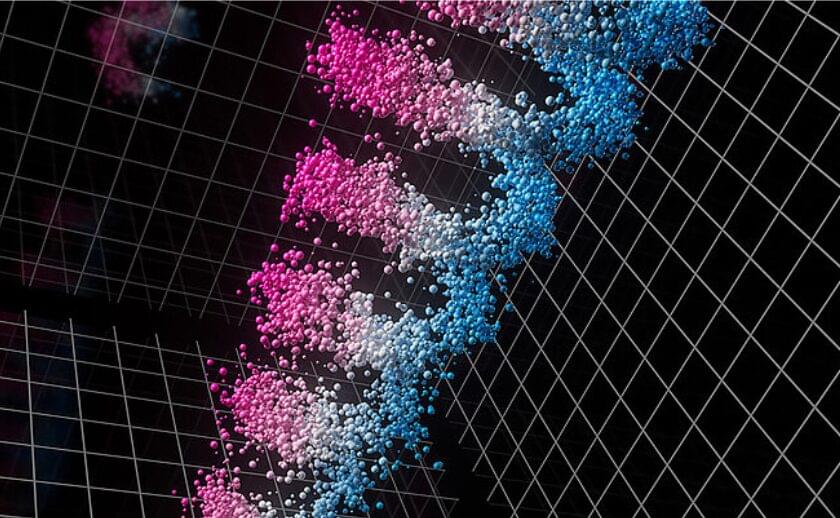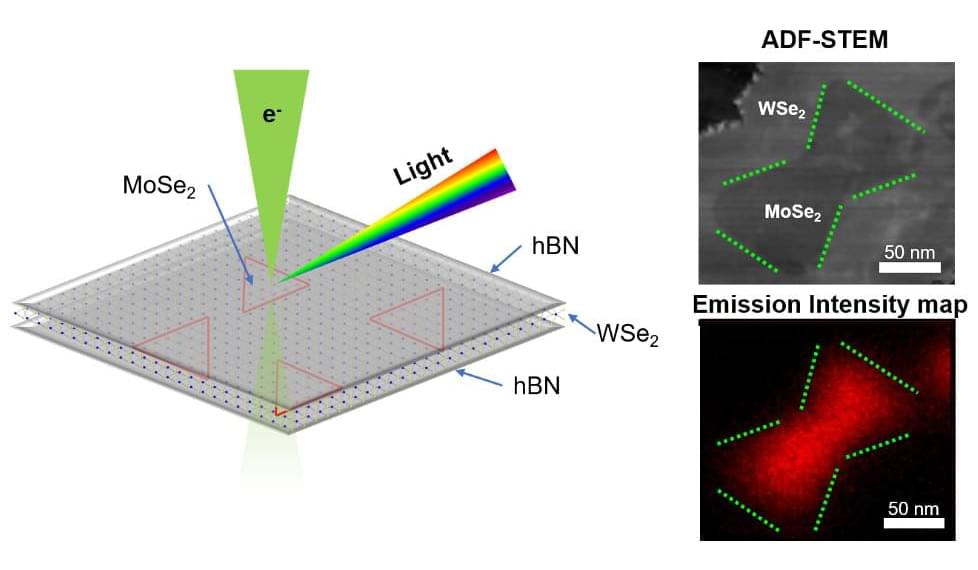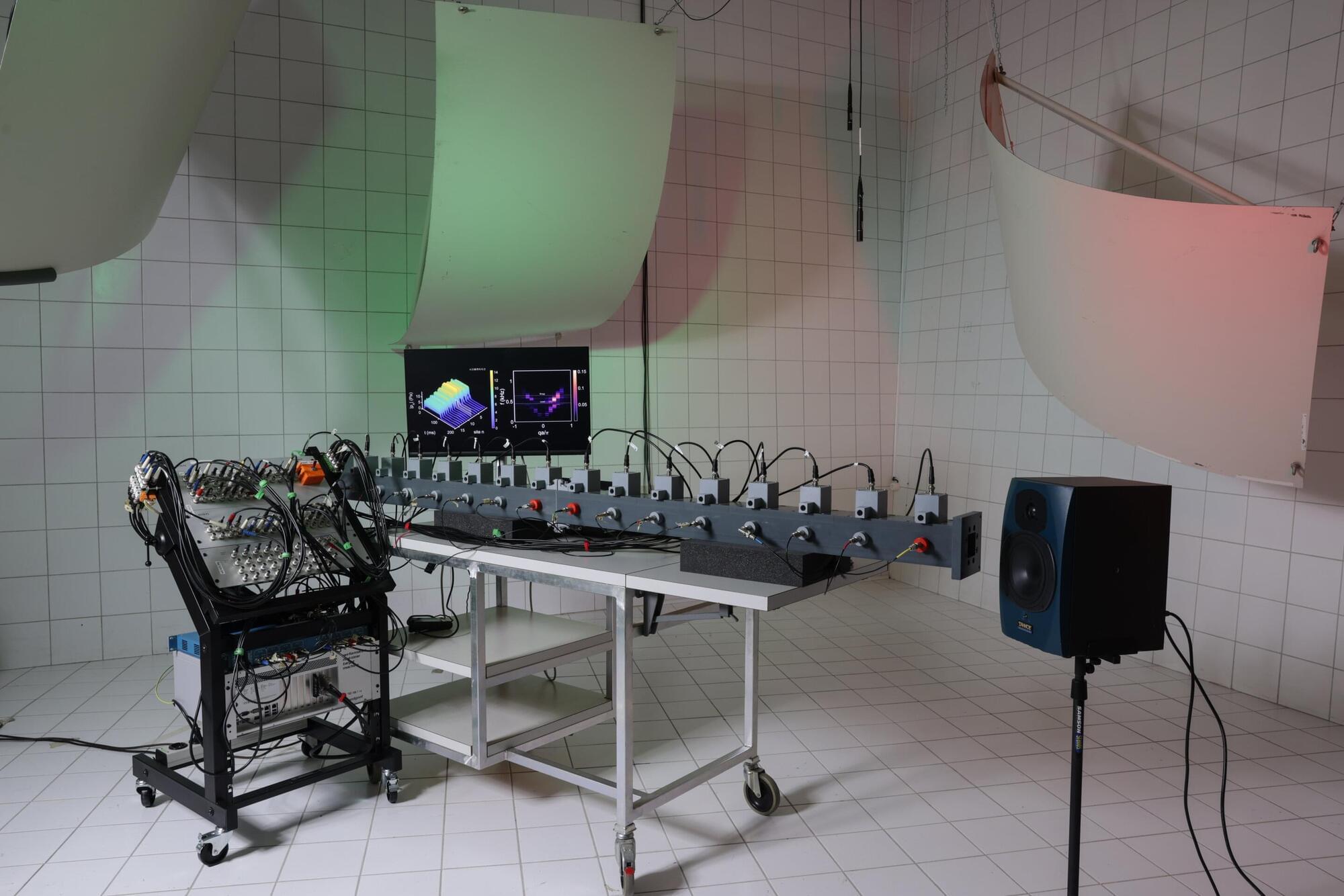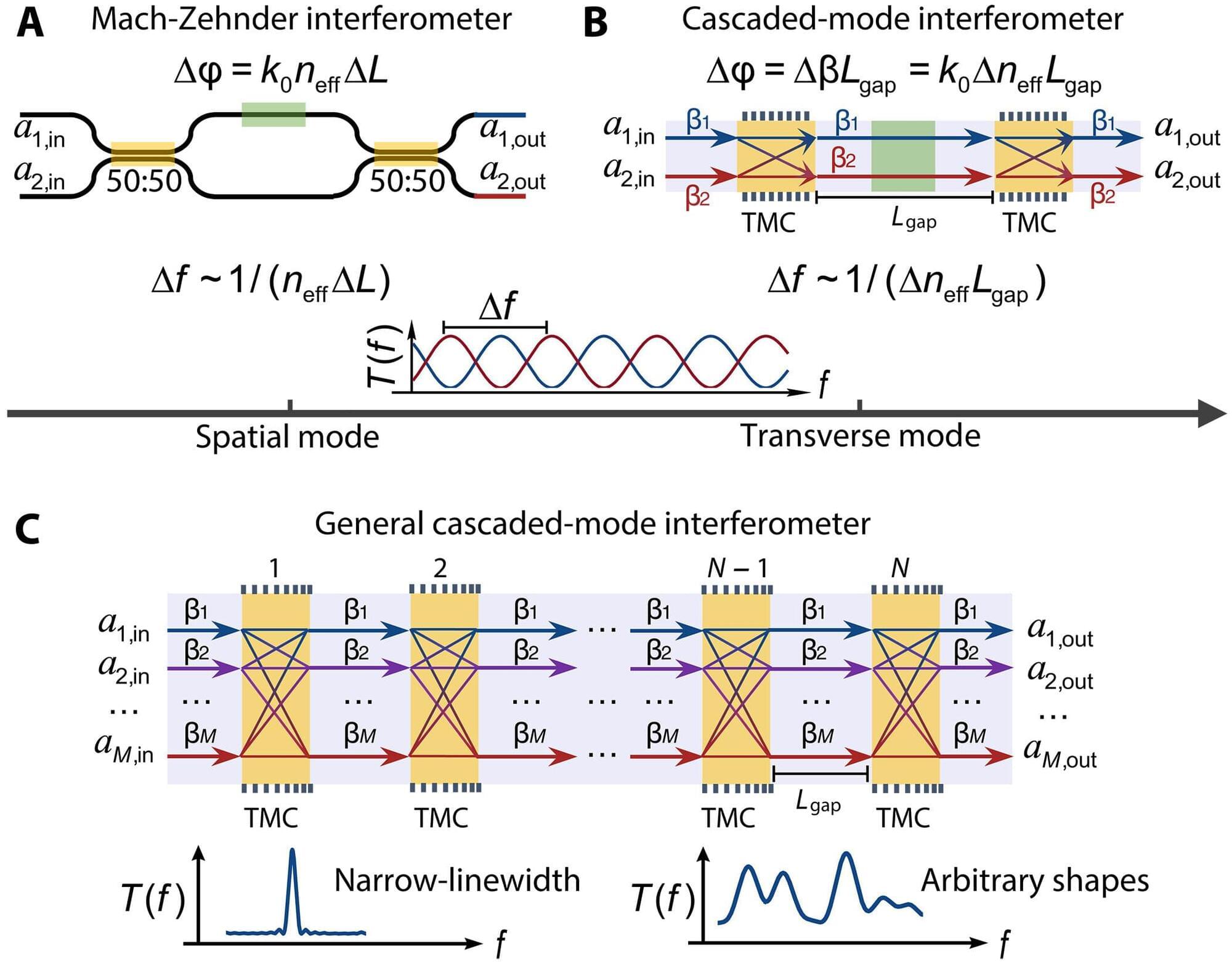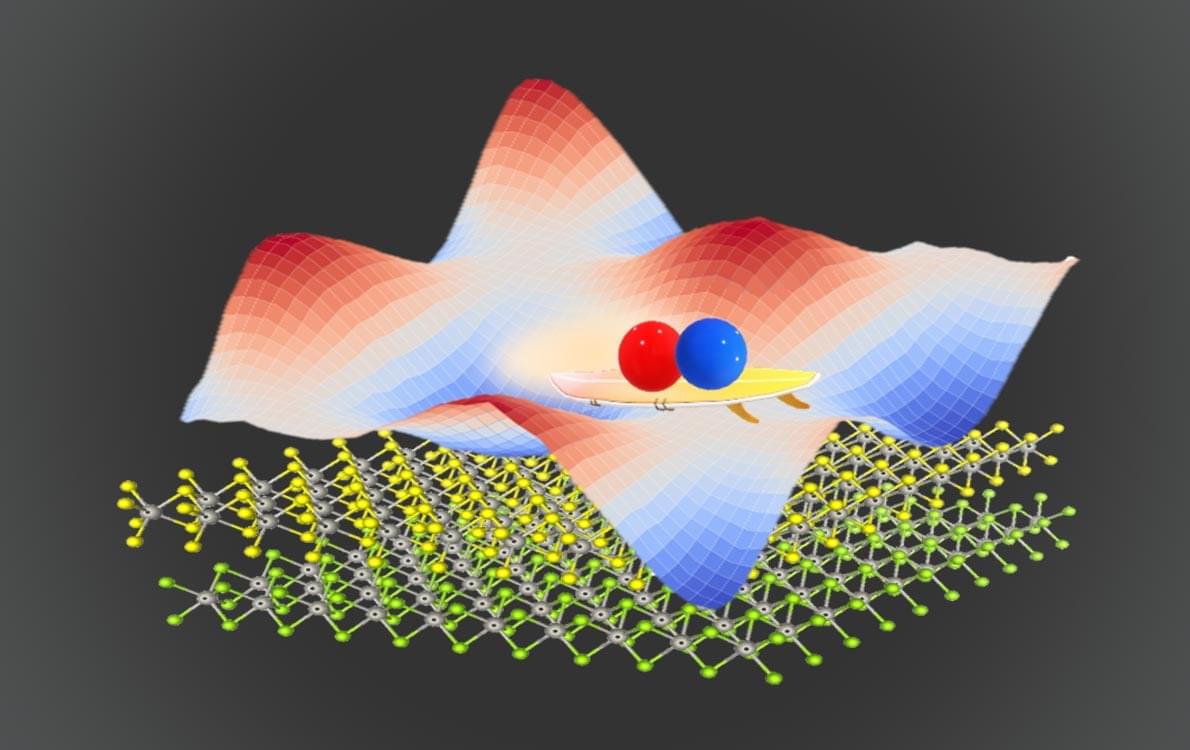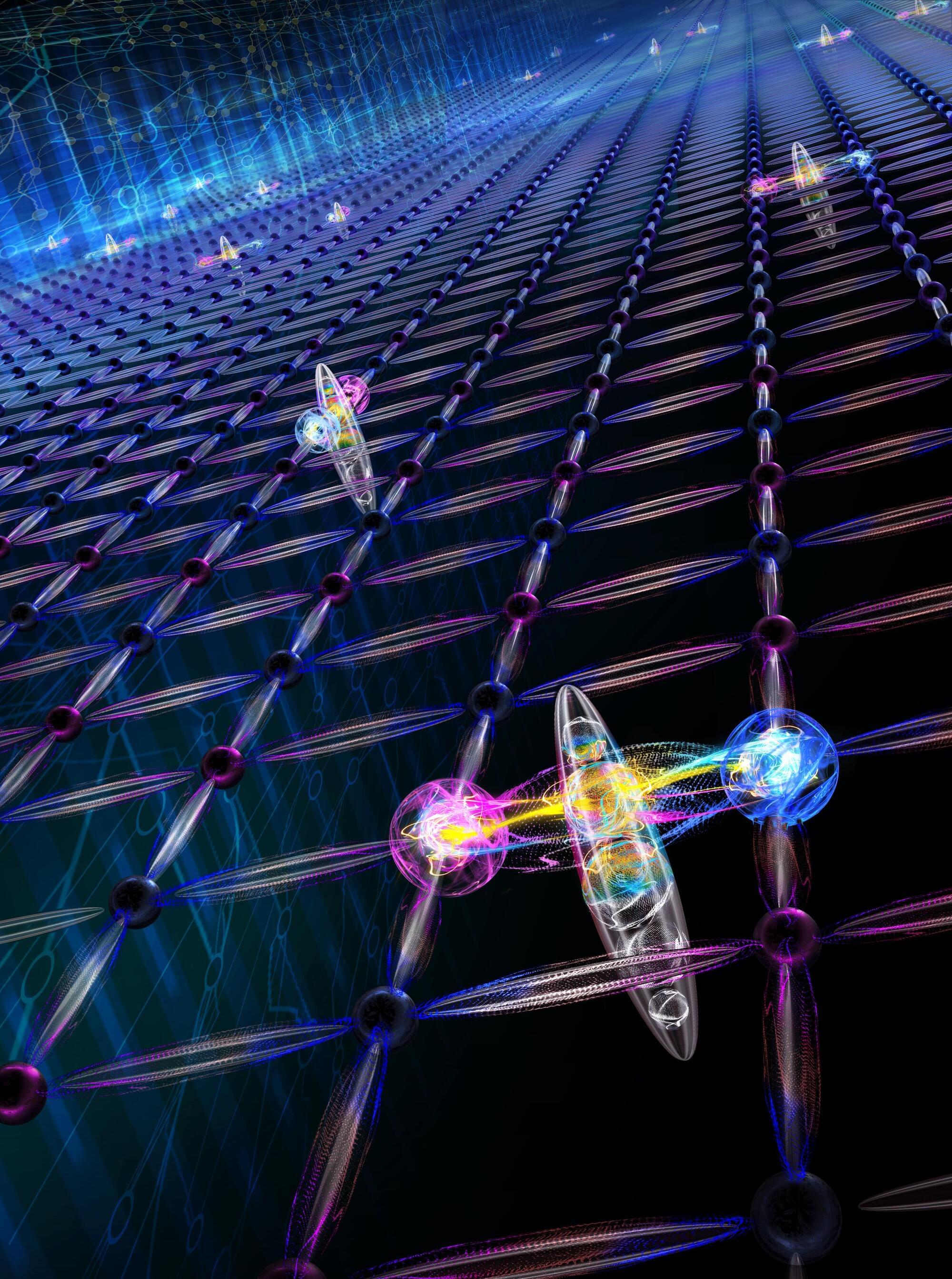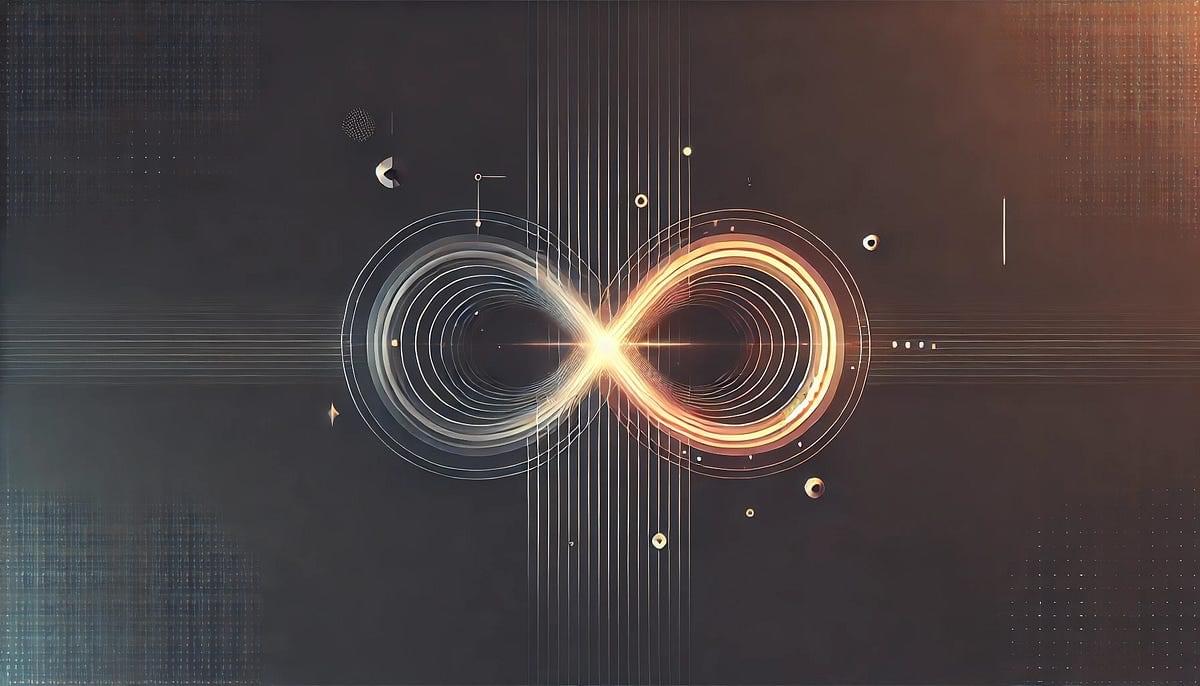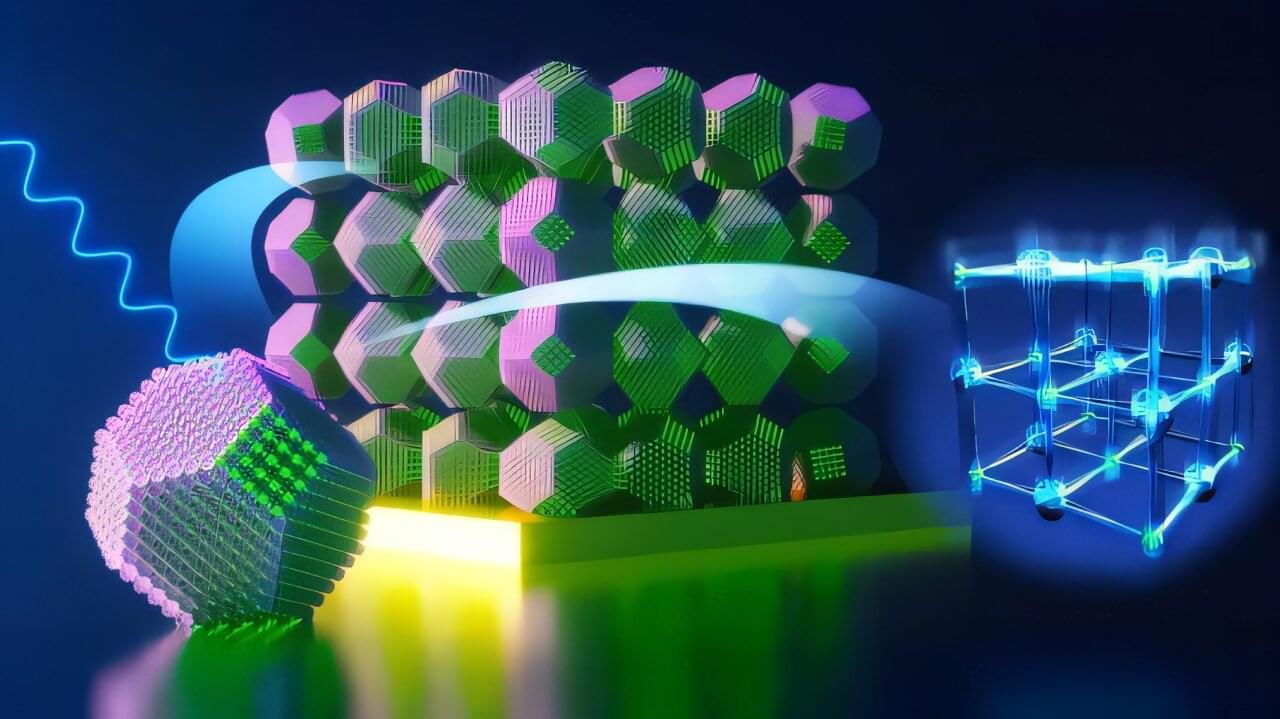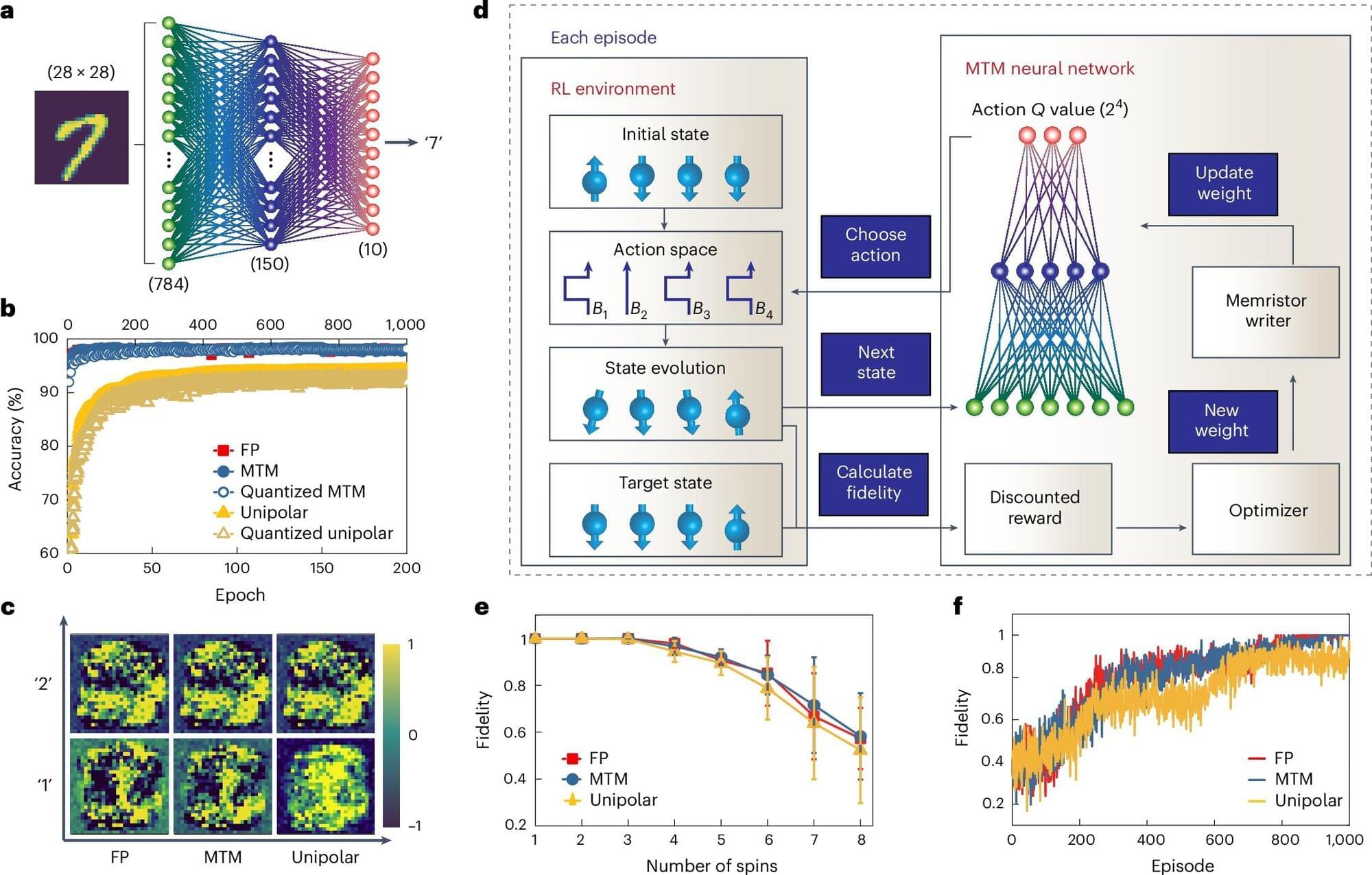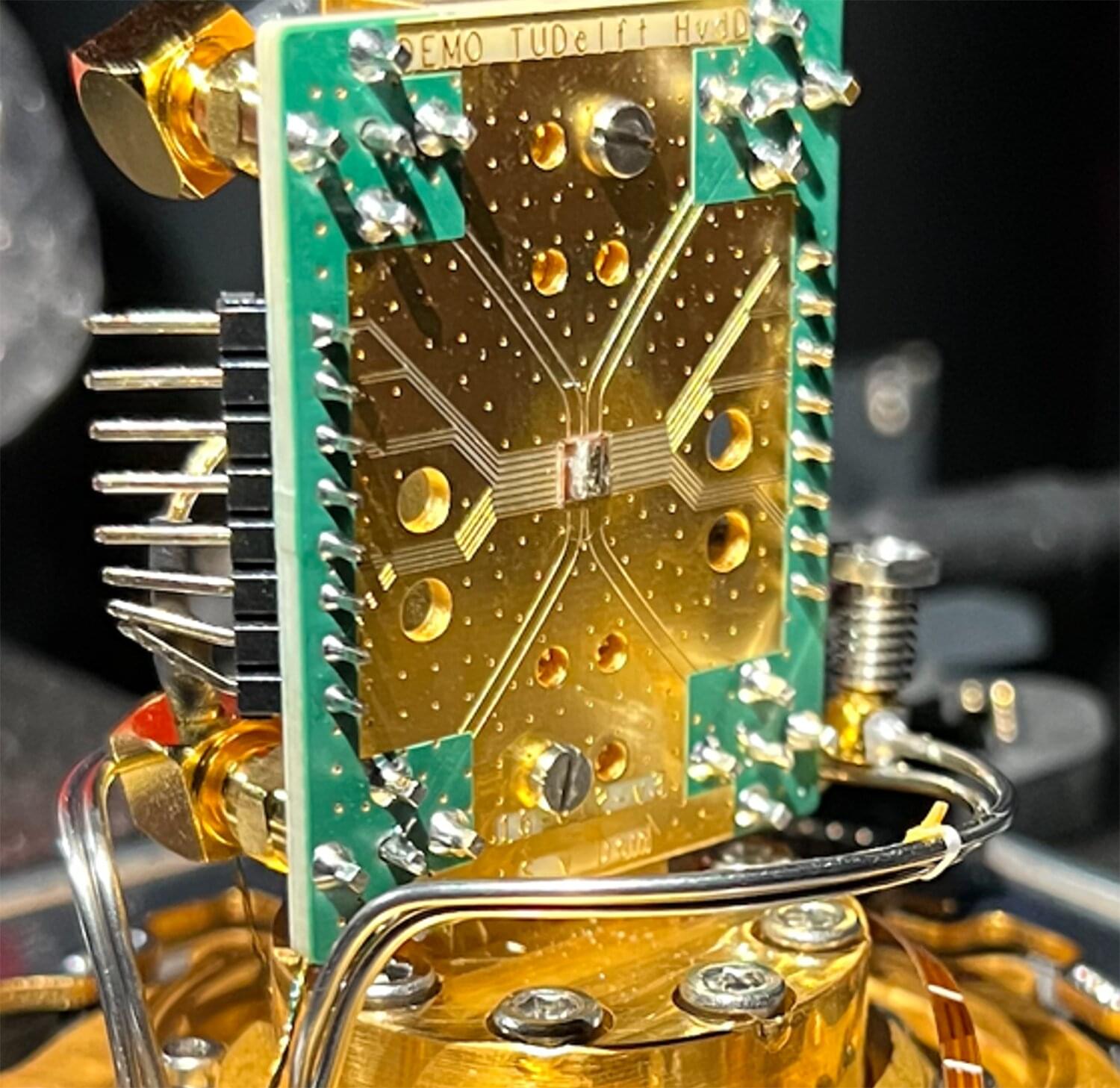To detect the quantum tornado in momentum space, the Würzburg team enhanced a well-known technique called ARPES (angle-resolved photoemission spectroscopy). “ARPES is a fundamental tool in experimental solid-state physics. It involves shining light on a material sample, extracting electrons, and measuring their energy and exit angle. This gives us a direct look at a material’s electronic structure in momentum space,” explains Ünzelmann. “By cleverly adapting this method, we were able to measure orbital angular momentum. I’ve been working with this approach since my dissertation.”
ARPES is rooted in the photoelectric effect, first described by Albert Einstein and taught in high school physics. Ünzelmann had already refined the method in 2021, gaining international recognition for detecting orbital monopoles in tantalum arsenide. Now, by integrating a form of quantum tomography, the team has taken the technique a step further to detect the quantum tornado — another major milestone. “We analyzed the sample layer by layer, similar to how medical tomography works. By stitching together individual images, we were able to reconstruct the three-dimensional structure of the orbital angular momentum and confirm that electrons form vortices in momentum space,” Ünzelmann explains.
